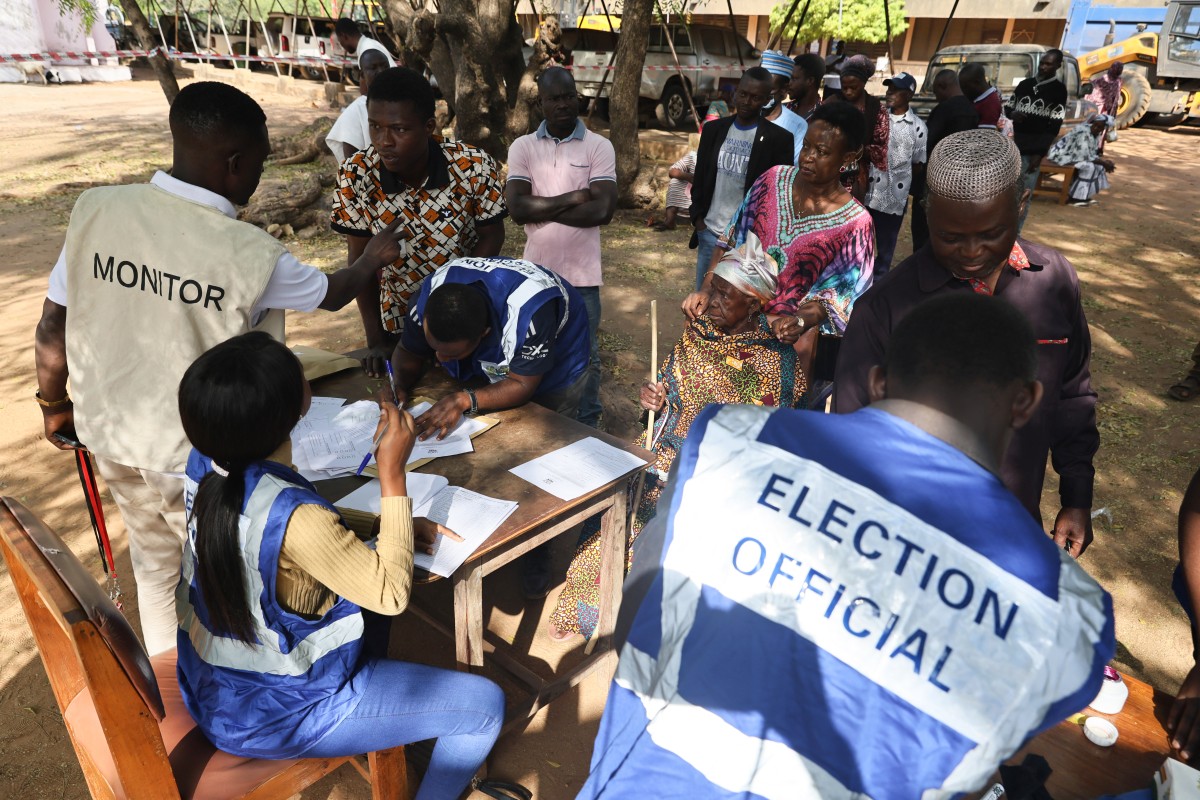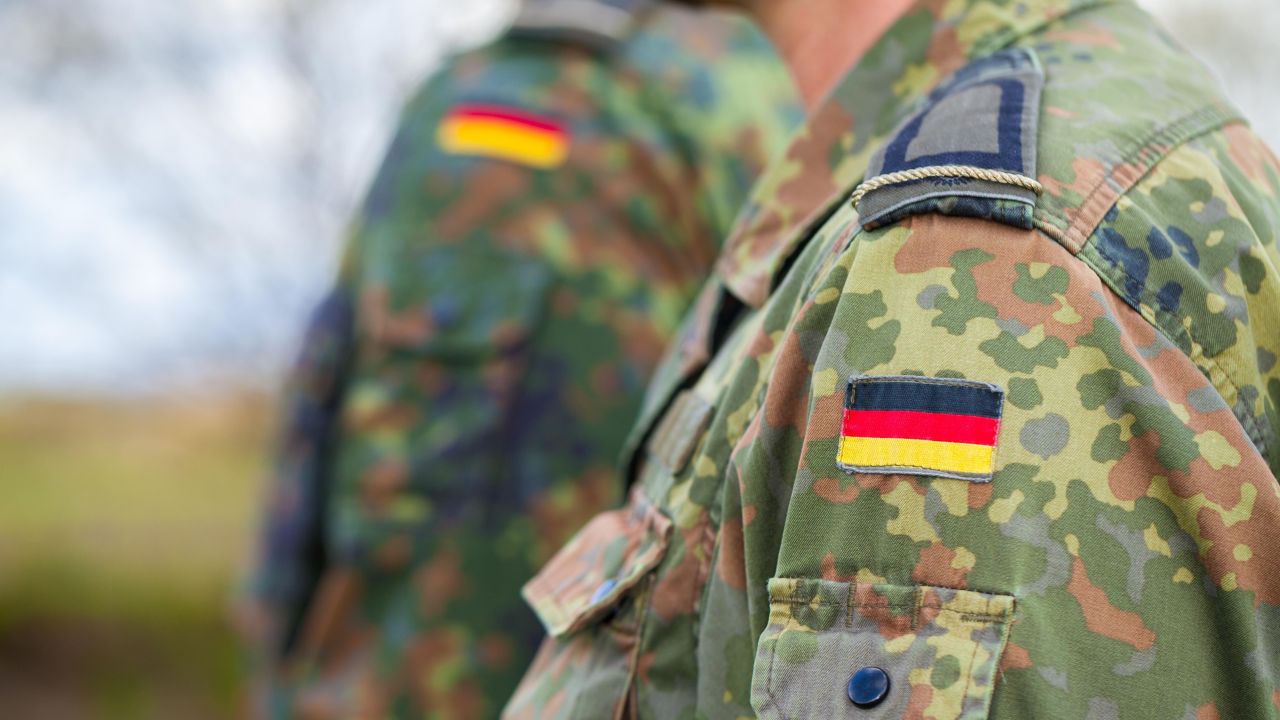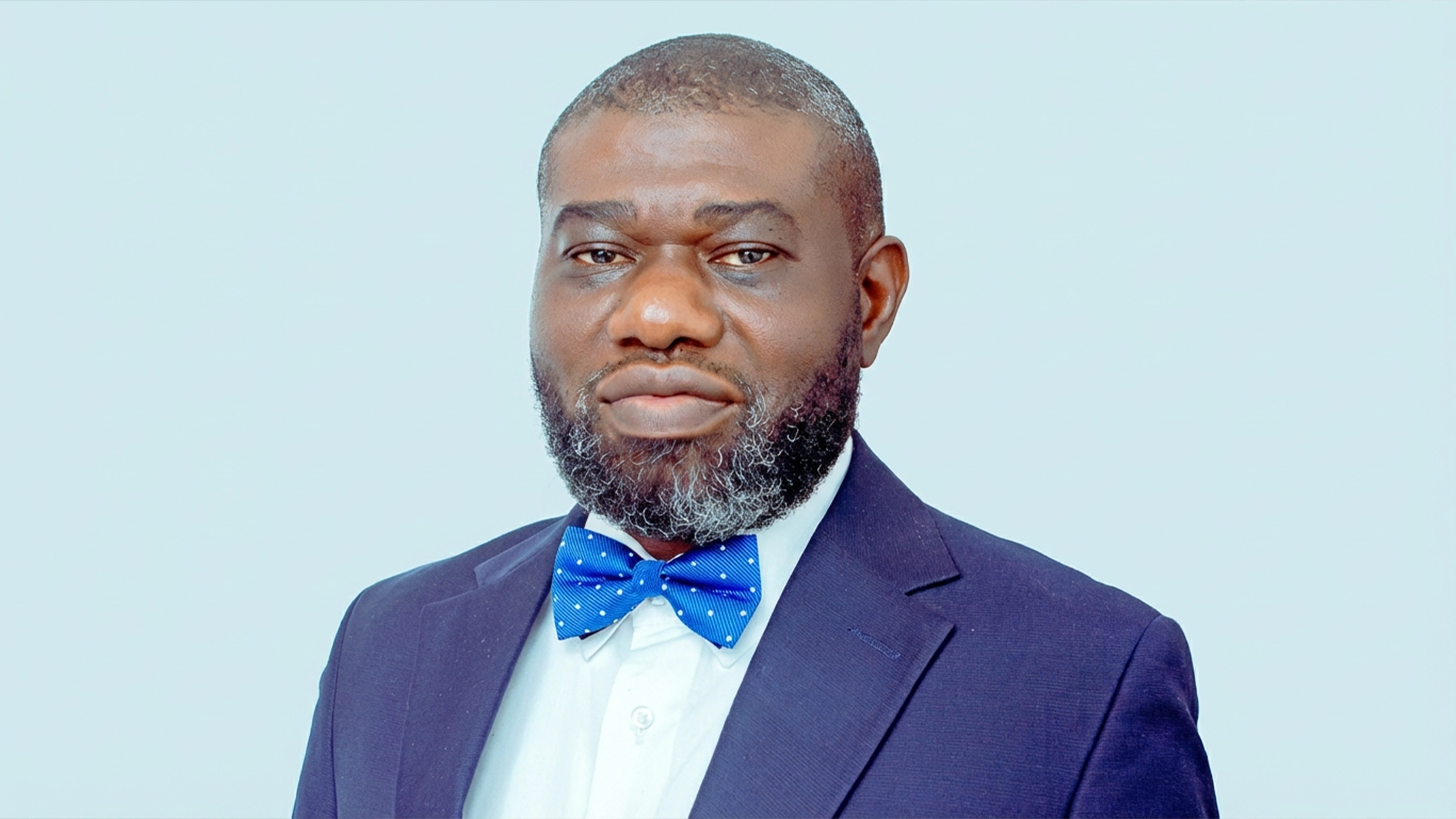
Sir: Over the past three decades, Ghana has distinguished itself as a beacon of democracy in Africa, often standing out for its peaceful and transparent elections. In a continent where electoral disputes and political instability are common, Ghana’s success story offers invaluable lessons.
By prioritising institutional integrity, inclusivity, and peaceful transitions, the country has not only strengthened its democracy but has also provided a roadmap for other African nations seeking stability and progress. Here are the key pillars of Ghana’s electoral success and how these lessons can be applied across the continent:
Strong institutional framework: At the core of Ghana’s democratic achievements is its Electoral Commission (EC). Established as an independent body, the EC is tasked with overseeing all aspects of elections, from voter registration to the final declaration of results. Its independence and professionalism have been instrumental in building public confidence in the electoral process.
A notable feature of Ghana’s elections is the use of biometric voter registration and verification systems. This technology ensures that each voter is uniquely identified, significantly reducing incidents of multiple voting and other forms of electoral fraud. The EC’s commitment to transparency is further demonstrated through the regular publication of electoral results at polling stations, making it nearly impossible to manipulate outcomes without detection.
Moreover, the EC actively engages with political parties, civil society organizations, and the media, fostering a collaborative environment. Regular stakeholder consultations help preempt potential challenges and ensure broad-based acceptance of electoral rules and outcomes.
Inclusive electoral processes: One of Ghana’s greatest strengths lies in its ability to include all relevant stakeholders in its electoral processes. Political parties are given equal opportunities to participate in decision-making, from discussions on the electoral calendar to the design of ballot papers.
This inclusivity creates a sense of ownership among all players, reducing tensions and fostering cooperation. Civil society organisations also play a pivotal role. Groups like the Coalition of Domestic Election Observers (CODEO) deploy thousands of observers to monitor elections across the country. Their independent reports enhance the credibility of the process and provide an additional layer of accountability.
International observers, including delegations from the African Union and ECOWAS, have consistently lauded Ghana’s elections as free and fair, further solidifying its reputation. Inclusivity is not limited to institutions and political elites.
Voter education campaigns, often conducted in local languages, ensure that citizens are well-informed about their rights and responsibilities. These campaigns have been particularly effective in rural areas, where illiteracy and limited access to information could otherwise hinder participation.
Peaceful transitions of power: Ghana’s peaceful transitions of power are a cornerstone of its democratic success. Since returning to multiparty democracy in 1992, the country has witnessed several instances where ruling parties have gracefully conceded defeat, even in closely contested elections.One of such instance was the 2008 presidential election, where the opposition candidate, John Atta Mills, narrowly defeated the ruling party’s candidate. Despite the slim margin, then-President John Kufuor facilitated a smooth handover, demonstrating a commitment to democratic norms.
Similarly, in 2016, President John Mahama conceded defeat to Nana Akufo-Addo without delay, solidifying Ghana’s reputation for political maturity.These peaceful transitions sent a powerful message. Democracy thrives when leaders prioritise national stability over personal ambition. They also strengthen public trust in the electoral system, encouraging greater political participation and reducing the likelihood of post-election violence.
Active civil society and media: A vibrant civil society and free press are integral to Ghana’s democratic fabric. Civil society organisations not only monitor elections but also engage in advocacy, pushing for reforms that enhance transparency and accountability.
The media plays a dual role, informing the public and acting as a watchdog.
Ghana’s media landscape is one of the freest in Africa, with numerous radio, television, and online platforms providing real-time updates on electoral developments.
During elections, media outlets collaborate with the EC to disseminate accurate information, countering misinformation and promoting transparency. Investigative journalism has also contributed to exposing electoral malpractices, ensuring that perpetrators are held accountable. This culture of openness reinforces the idea that elections are not just events but processes that demand continuous vigilance.
Judicial independence: Ghana’s judiciary has proven to be a reliable arbiter of electoral disputes. In cases where election outcomes are contested, aggrieved parties have consistently sought redress through the courts rather than resorting to violence. A landmark example was the 2012 presidential election petition, where the opposition challenged the results in court. Although the Supreme Court ultimately upheld the election of John Mahama, the process demonstrated the judiciary’s ability to handle sensitive cases impartially.
It also underscored the importance of respecting legal outcomes, even when they are unfavorable. This trust in judicial processes is a key reason why Ghana has avoided the kind of post-election violence that has plagued other African nations. By resolving disputes peacefully, the judiciary helps to preserve social cohesion and strengthen democratic institutions.
Lessons for Africa: Ghana’s electoral success offers a blueprint for other African countries. While each nation has its unique challenges, the principles underpinning Ghana’s democracy are universally applicable.
Strengthen electoral institutions: Independent and well-resourced electoral bodies are essential for credible elections. Governments must ensure that these institutions are free from political interference and have the capacity to conduct free, fair, and transparent elections.
Leverage technology: The adoption of biometric systems and other technologies can significantly reduce electoral fraud. However, technology alone is not a panacea; it must be accompanied by robust training and public awareness campaigns.
Promote civic engagement: Educating citizens about their rights and responsibilities is crucial for fostering a culture of accountability. Civil society organizations and the media should collaborate to reach marginalized communities, ensuring that no one is left behind.
Respect electoral outcomes: Political leaders must place national interest above personal ambition. Conceding defeat gracefully and supporting peaceful transitions are vital for long-term stability.
Cultivate peaceful dialogue: Pre- and post-election tensions can be mitigated through platforms for dialogue. Traditional leaders, religious organizations, and other community influencers can play a significant role in promoting peace and reconciliation.
Strengthen judiciary systems: An independent judiciary that can adjudicate electoral disputes impartially is a critical component of any democracy. Governments must invest in judicial reforms to enhance public trust in legal processes.
Ghana’s seamless and transparent elections have made it a shining example of democracy in Africa. By prioritizing institutional integrity, inclusivity, and peaceful transitions, the country has demonstrated that free and fair elections are not only achievable but also sustainable. For other African nations, the lessons from Ghana are clear: democracy requires commitment, collaboration, and courage.
By emulating Ghana’s approach, the continent can move closer to realising its democratic potential, ensuring that elections truly reflect the will of the people. In a world where the credibility of elections is increasingly under scrutiny, Ghana’s story serves as a reminder that democracy is a journey, not a destination.
With the right leadership and collective effort, African nations can build systems that uphold the values of transparency, justice, and inclusion—values that lie at the heart of a prosperous and peaceful continent.
Uche J. Udenka is a Social and Political Analyst.






